First, I was judging some contests (somehow, I have found myself inundated with contest entries this year. Note to self: keep track of obligations to not be so overwhelmed next year). Anyway, I've always said that you can learn a ton from judging contests and this one was no exception. Since I have more contests to judge I'll save the whole "what I've learned post" for later, but one thing really jumped out at me with these entries: the need for originality, to take a common and oft-used situation/set-up and make it their own. It really felt like a lot of these entries were falling back on the easy, weren't digging deep to really portray their character's life and setting as deeply as they could.
Second, I read on Kristin Nelson's blog (she pulled it from Joelle Anthony) a "25 Things that show up repeatedly in YA literature" list. I've seen these lists before and I always read them and take them for what they're worth -- meh, not too much. I'm a firm believer that the story will triumph over all. And agents echo this all the time, that's why they're so hesitant to list things they're tired of seeing or that they would never be interested in: because even an idea that they might be tired of could be done in such a new and amazing way that they think "wow! gotta have it!"
Third, JP wrote a really thought provoking post on his LJ that really tied everything up for me and made me understand what I felt was off about the contest entries I'd judged and the list I'd read. His post is very very worth reading -- short and to the point (with examples!). Essentially, his conclusion is
"For me, the take away is that you don’t have to come up with the world’s most original plot to create a great story. You just have to tell the story in a unique way."Yes, though it is not a long quote, it deserves to be set off as such because it is such great wisdom! Reading that post was one of those moments when I was like "duh!" but where you need someone to tell you what should be obvious. And for some reason, it's not obvious enough!
So, to backtrack a little, how does JP's little tidbit fit in with contest judging and the lists? As for contest judging, as I said, I felt like the writers could dig deeper. For example... contemporary teens go to school therefore a lot of contemporary YA books will deal with school. It's important when writing these school scenes to make them your own and not to fall back on the common cliches. We've all watched The Breakfast Club and Saved by the Bell and we all know that school isn't like that. It's really easy to fall into archetypes when writing in a school setting and my advice is to try to bend those archetypes. Don't always make the head cheerleader the witch/most popular girl who wreaks havoc for the poor protagonist. Give her some flaws. This actually reminds me of High School Musical and that scene where all the archetypes break out and sing about the things they do that don't fit with their "type" -- this only serves to deepen the character, to make him or her more complex.
I think it's easy when writing a school scene to fall back on the easy -- to make the teacher boring ('Bueller.... Bueller.... Bueller..."), to make the protag complain about having to take a test that won't help them later in life, etc. But this is just the picture of school we've been painted and to get it right, we have to remember that school isn't like that picture at all and we have to bring that stuff up in our writing. Plus, we have to remember that for most of us, school has changed a lot. If you're writing a contemporary school scene you have to address cell phones and iPods and security and stuff like that -- it's such a different world!
And that plays back into the list that Kristin posted and which has caused many posts around the blogosphere (I only link to two out of sheer laziness...here and here). Yes things have been done and I'm sure done to death, but what's key is how you approach it, what new thing you bring to the table. So what your protag's mother is dead? The key is to make sure that her being dead means something to the book. Just because something on that list is in your book doesn't mean you have to rewrite your book, but you should examine why you chose to put it in there and what purpose it serves (you should do this for everything in your book, actually).
I know I'm rambling on, but bear with me :) I remember a talk Suzanne Brockman gave a long time ago where she talked about how she analyzed the market to figure out what to write. She'd always wanted to blow romance out of the water, to do something totally and utterly original. I think one of her first books had a rock star as a hero (used to be a big no no). She didn't want to write the same old same old cop hero because there were so many books out there with the cop hero. But then she realized that people liked the cop hero, they wanted to buy books with the cop hero and that it wasn't about making the hero something totally wild, but about taking what people wanted and doing it in a unique way. It was all about the execution.
I always think about that story when I'm pondering how to approach the market. Because I think we all want to be that visionary that breaks the mold and forges a new path. And so we come up with these awesome ideas but then maybe we find out that someone else has done something similar and so we think we have to go back to the drawing board. But in reality that's not always the case. As JP said so well, the take away is that you don’t have to come up with the world’s most original plot to create a great story. You just have to tell the story in a unique way.
So when you find yourself slipping towards triteville or clicheopolis, remember to dig deeper, to think about what traits you can add to set your character or your setting apart. That's what will make your story stand out of the pack. At least, that's what I think :)

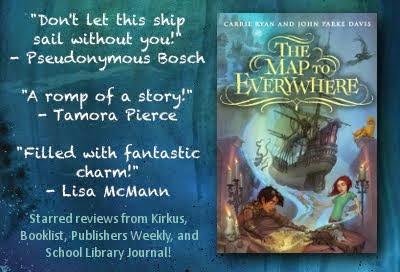
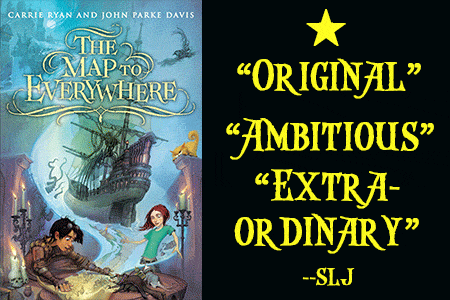

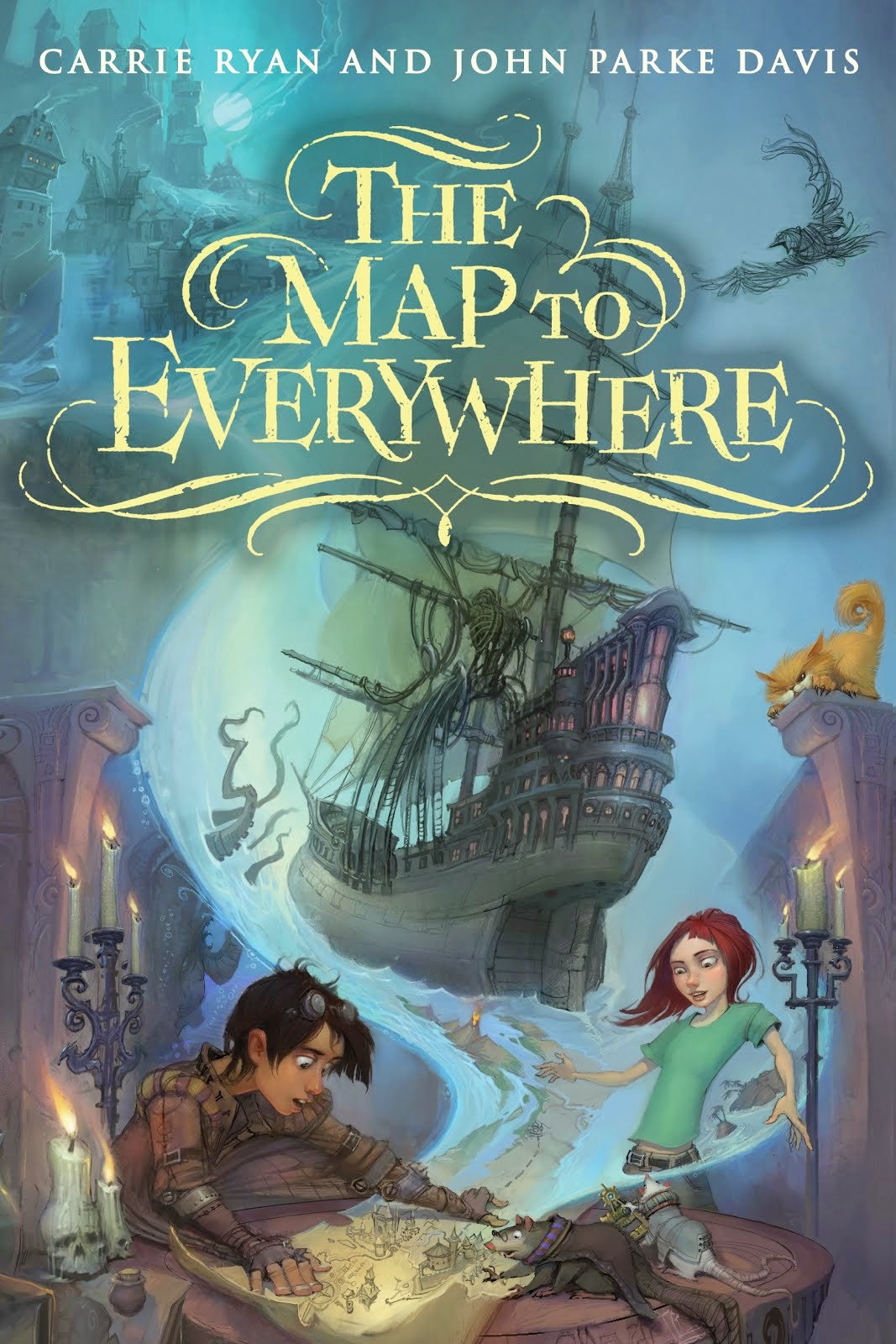
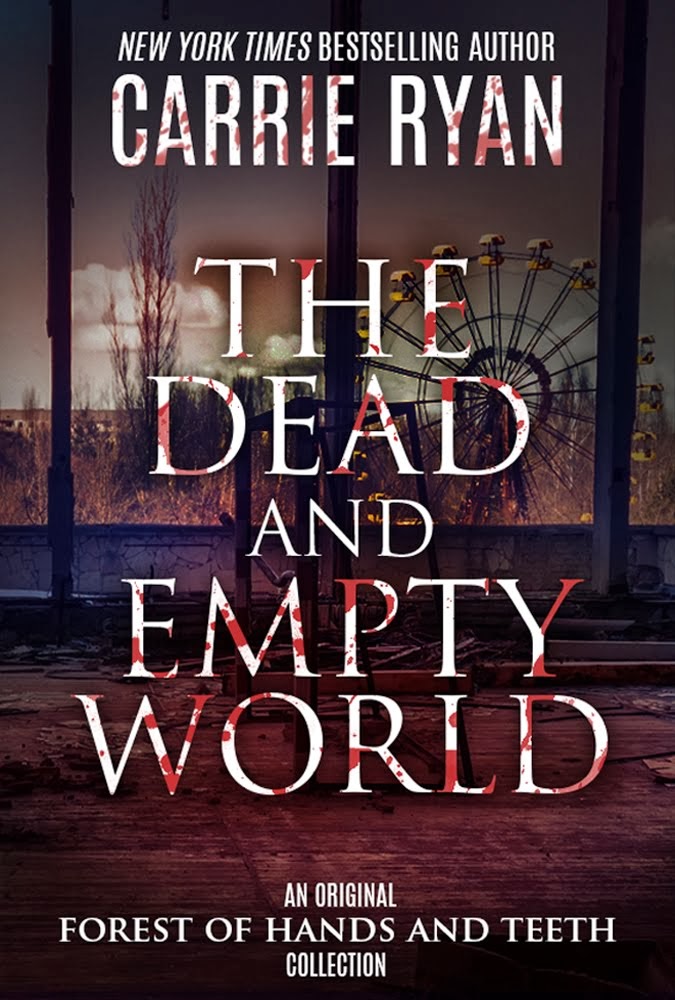

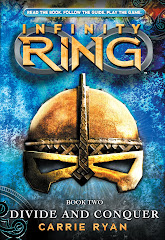
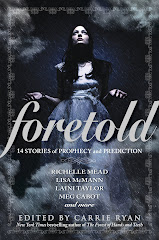
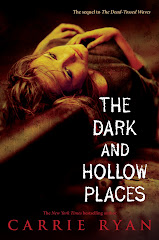
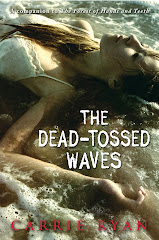





3 comments:
I love this post!! Came at the perfect time. Off to click all the links now...
Just wandered back from reading all the links. My head is spinning! =)
Thanks Erica! You always write the best craft and writing posts so that's such a great compliment coming from you!!
Post a Comment